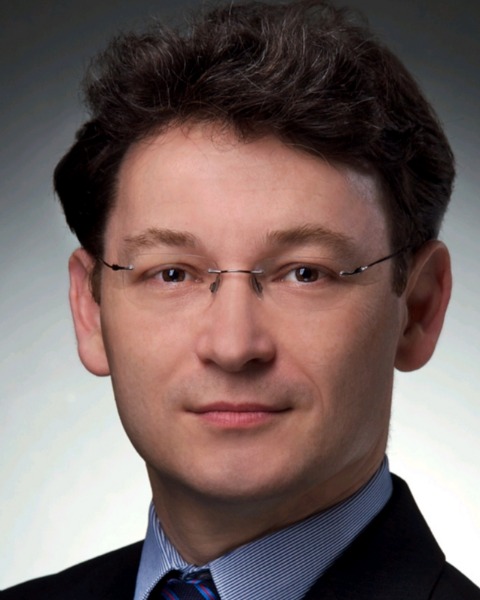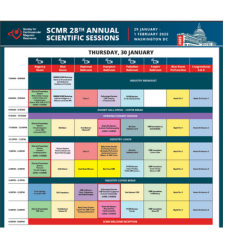Rapid Fire Abstracts
Design & Rationale of WE-CARE-HF-CMR (RF_FR_334)

Sebastian Kelle, MD, FSCMR
Cardiologist
Deutsches Herzzentrum der Charité, Germany
Sebastian Kelle, MD, FSCMR
Cardiologist
Deutsches Herzzentrum der Charité, Germany- MM
Maximilian Müller, MD
Doctoral candidate
Charité - Universitätsmedizin Berlin, Germany - RB
Rebecca E. Beyer, MD
Resident
Deutsches Herzzentrum der Charité, Germany - AN
Anna Nolden, MSc
Research associate
Deutsches Herzzentrum der Charité (DHZC), Germany - JW
Johannes Wieditz, PhD
Biostatistician
University Medical Centre Göttingen, Germany - TF
Tim Friede, PhD
Director
University Medical Centre Göttingen, Germany - GT
Gisela Thiede, PhD
study coordinator
Deutsches Herzzentrum der Charité (DHZC), Germany
Presenting Author(s)
Primary Author(s)
Co-Author(s)
Asymptomatic heart failure (HF) is often overlooked, and when detected, there is a lack of early and effective preventive interventions. The WE-CARE-HF-CMR study, conducted in large cities in Germany ( > 1 million inhabitants), aims to close this gap by evaluating the feasibility of a mobile, telemedicine-monitored screening approach combining cardiac magnetic resonance imaging (CMR), quality of life assessment and laboratory tests as key elements.
Methods: The WE-CARE-HF-CMR study is a prospective, non-randomized controlled single center study. The study will enroll approximately 600 asymptomatic patients aged 40 to 69 years who have no history of HF but have at least one of the following risk factors: arterial hypertension, hypercholesterolemia, obesity, smoking/tobacco use, chronic diabetes mellitus or chronic kidney disease. Participants will undergo a comprehensive screening examination that includes a questionnaire-based medical history, laboratory tests and a brief, non-contrast CMR examination at baseline. Using the CMR-derived global longitudinal strain (GLS), participants will be categorized as healthy or pre-HF (Stage B-HF) (Witt et al. DOI:10.1093/ehjimp/qyae093) All participants will receive innovative medical reports, including guideline-based recommendations. Follow-up assessments will be conducted over a 12-month period to evaluate the occurrence of adverse cardiac events, treatment changes, participant awareness and quality of life.
Results: The results will be compared with the results from the “HERZCheck” trial, which provides data from approximately 4,500 participants in rural areas in Germany and has already been completed (NCT05122793).
Conclusion: WE-CARE-HF-CMR will provide a proposal for a comprehensive, contemporary screening approach for asymptomatic HF tailored to the needs of the target population. This will provide important new information on the prevalence of asymptomatic HF in at-risk patients in urban versus rural areas, as well as the feasibility, patient awareness and added diagnostic value of CMR testing as part of future screening mechanisms for HF in a sufficiently large patient population.

